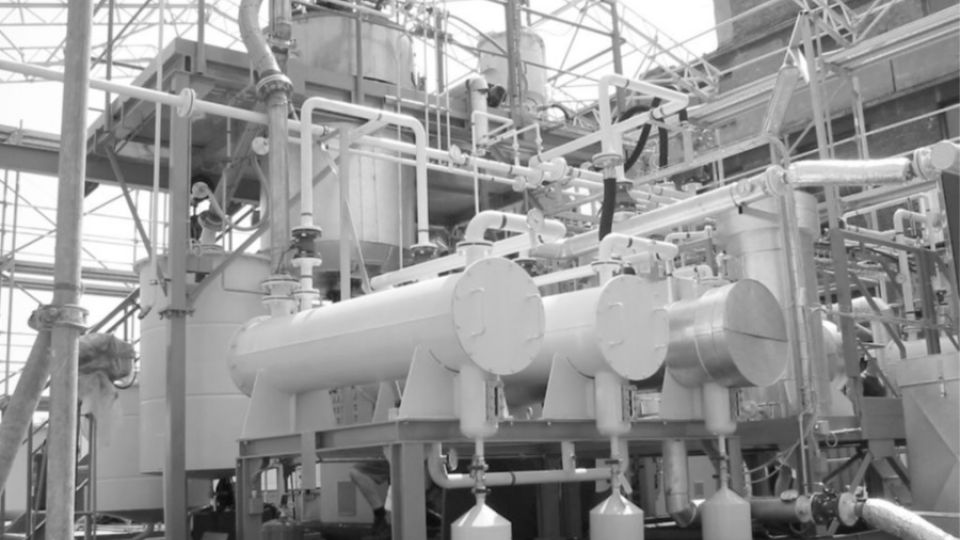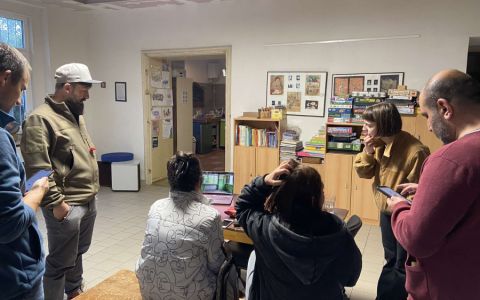A new factsheet published by the International Pollutants Elimination Network (IPEN) claims that the European Union has a unique opportunity to prevent toxic recycling. It could be achieved by strengthening the limits for persistent organic pollutants (POPs) [1] in waste. What can the EU countries do about the waste that is already contaminated with POPs? The factsheet introduces alternatives to combustion technologies that are ready to be used and argues against incineration as the only solution for the liquidation of materials containing POPs.
According to the Stockholm Convention [2], POPs in waste that exceed the Low POPs Content Levels must be destroyed or irreversibly transformed. However, there are different ways of disposing of toxic waste. The authors of the factsheet claim that incineration of the waste that contains POPs goes directly against the spirit of the Convention as the result is the creation of a vicious circle of dioxin emissions into the air and mountains of toxic ash laced with more POPs.
Several countries are already moving towards alternative, non-combustion technologies that are able to destroy POPs in waste without dioxin emissions and without generating toxic ash residues. Some of these technologies have already proved to be less expensive.
The non-combustion technologies include (but are not limited to):
- Supercritical water oxidation (SCWO)
- Base-catalyzed decomposition (BCD)
- Gas-phase chemical reduction (GPCR)
- Catalytic dechlorination using copper catalysis (CDC)
- Ball milling technology variants
The most significant reason for establishing strong POP limit values is the realization of a toxic-free circular economy. By their implementation, the EU can demonstrate its will to protect its citizens’ health and the environment. Furthermore, using advanced and clean technologies could confirm the EU’s position among global technology leaders. Both these steps together would secure a cleaner future in Europe.
[1] Persistent Organic Pollutant (POP) waste is one of the most toxic chemical wastes on the Earth. Its persistence means that it does not break down easily in the environment, contaminating soil and water for decades, building up in the food chain, and causing dangerous levels of human exposure. POPs have been added to many plastics and contaminate the recycling chain if they are not separated and destroyed. These man-made substances are banned under the Stockholm Convention and include PCBs, dioxins, brominated flame retardants, and PFAS.
[2] The Stockholm Convention on Persistent Organic Pollutants is a global treaty to protect human health and the environment from chemicals that remain intact in the environment for long periods, have become widely distributed geographically, accumulate in the fatty tissue of humans and wildlife, and have harmful impacts on human health or on the environment.







